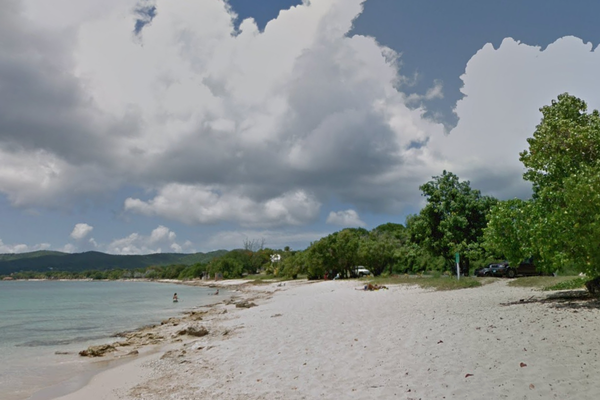
I don’t normally finish United Nations Cop meetings with a smile on my face. Yet as the sun sets on the UN biodiversity conference, Cop15, in Montreal with a global agreement for nature’s recovery, I’m walking away feeling rather more optimistic than I did only a fortnight ago.
In the early hours of Monday morning in Montreal, Canada, nearly 200 countries agreed and adopted a new “global biodiversity framework” containing various goals and targets. The pact requires all nations – particularly the UK – to dramatically up their game on protecting and restoring nature.
The headline ambition of “30 by 30” was finally adopted, committing governments “to ensure and enable” that, by 2030, at least 30% of land and sea is “effectively conserved and managed through ecologically representative, well-connected and equitably governed systems of protected areas and other effective area-based conservation measures”.
Working by consensus among many countries means that these agreements are the lowest common denominator of what the global community thinks must be done to tackle the climate and nature crises. This is not where you get cutting-edge policy or innovation. And this is why it’s noteworthy when Cops finish with an agreement that represents some sort of progress. Finally, we have a north-star target for biodiversity that can provide that same level of focus as the temperature targets do for climate.
There’s some very heavy lifting to do in the UK over the next eight years to achieve 30x30. Just a couple of months ago, Wildlife and Countryside Link (a coalition of nature charities including The Wildlife Trusts, RSPB and National Trust) published its Progress Report on 30x30 for England. It made for sober reading, detailing how only 3.22% of England’s land and 8% of English waters are effectively protected and managed for nature.
That’s a long way from 30%, but 30x30 is perfectly possible in the UK. For starters, the government must update the mandate for national parks and areas of outstanding natural beauty to prioritise nature’s recovery, as recommended by its own landscapes review of 2018.
It should also designate many more protected sites. Astonishingly there are still patches of Celtic rainforest, lowland raised peatbogs, and chalk streams undesignated in the UK, despite being globally rare habitats. We need to create more highly protected marine areas such as Dogger Bank, which was designated earlier this year but remains our only one. And there should be a new designation, perhaps called wild belt, for land which is knackered for biodiversity, but could and should be managed for nature’s recovery.
Restoring nature is crucial for adapting to climate change. I was pleased to see climate commitments included calling for nature-based solutions that “foster positive impacts of climate action on biodiversity”.
The framework also expects countries to reduce “the overall risk from pesticides … by at least half” by 2030. Amen to that! This requires a big effort in the UK, where so much of our agriculture is addicted to the routine use of chemicals. But we’ve got to do it.

There’s plenty that’s too weak or missing from the Montreal agreement, of course. The targets for ending species extinctions are very woolly, and although there are some warm words about “promoting sustainable consumption patterns”, that’s pretty much as far as they go. There is a suggestion that transnational companies and financial institutions should “regularly monitor, assess, and transparently disclose their risks, dependencies and impacts on biodiversity”, but no call for the mandatory reporting that many hoped for.
Although the agreement recognises that $700bn of financing needs to be provided every year to tackle the global nature crisis, principally from richer to poorer countries, there is little detail on how this will happen. This was a key stumbling block during negotiations. Ultimately, not investing in nature will cost us far more than money.
Of course, none of this will mean anything unless it’s implemented – and that requires governments to urgently develop clear plans to achieve these goals. Unbelievably, our government threatens to make a bad situation worse for nature with the retained EU law bill, which threatens more than 1,000 pieces of environment legislation.
Yet Montreal is still a historic moment.
I heard this week about a senior executive from a global company who said she had been working on sustainability for more than 25 years but had “never really thought much about biodiversity” before Cop15, only climate. That represents environmental illiteracy of the highest order, not least because we have no hope of tackling the climate crisis if nature is in decline. Sadly, it is all too common.
I hope, after Montreal, that no one in business or government will ever forget biodiversity again. After all, the survival of humanity and all other life on Earth depends on it.
Craig Bennett is the chief executive of The Wildlife Trusts







